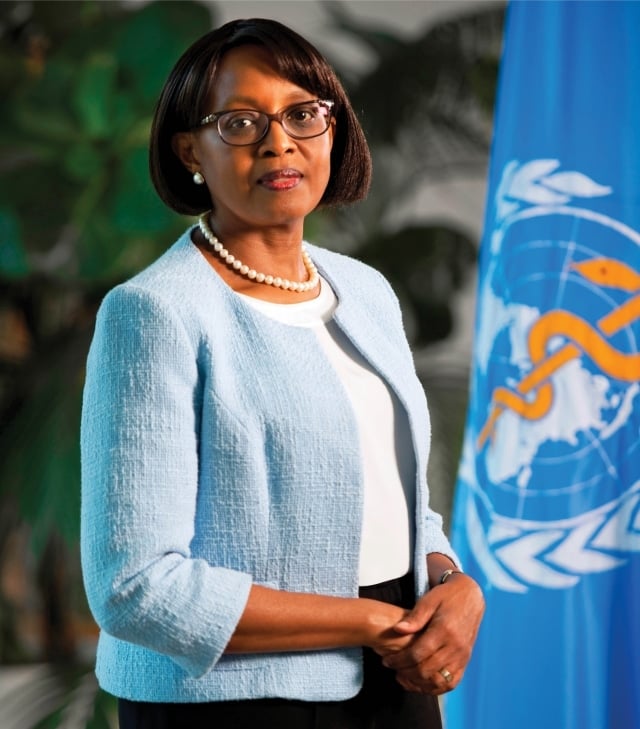
The COVID-19 pandemic stands as a stark reminder of how quickly infectious diseases can spread without vaccines, and the damage they can cause to health, economic and social systems. Although the contributions to our collective wellbeing are rarely acknowledged beyond global health circles, vaccines save millions of lives every year and are one of the world’s most successful health interventions. Yet there are nearly 20 million children in the world today who are not getting the vaccines they need – and many more are at risk of missing out on immunization because of the COVID-19 pandemic.
In the year since COVID-19 was declared a global pandemic, access to critical health programs including immunization have been stalled. Before the pandemic 1 in 5 children in Africa remained unprotected from dangerous diseases like measles, meningitis and yellow fever. Last year, routine immunization services in at least 15 countries in Africa were interrupted, which resulted in outbreaks of measles, cholera, yellow fever and Ebola in Africa. Many countries have resumed routine immunization programmes and organized immunization catch-up campaigns since then, but we expect immunization coverage rates to fall by 2-3% this year.
Immunization has been one of the most powerful tools that has improved child survival on the continent. In the last couple of decades, immunization progress has had a huge impact on diseases like cervical cancer, hepatitis, Ebola and meningitis A. In August 2020, Africa was declared wild polio-free, marking the second disease to be eradicated from the Region since the elimination of smallpox 40 years ago. And new vaccines have been rolled out across the region to protect against diseases such as pneumonia, rotavirus, and more. These victories stand as a powerful testament to the value of vaccines – value we cannot afford to lose.
This year’s African Vaccination Week (24-30 April), whose theme is ‘Vaccines Bring Us Closer”, serves as an opportunity to reflect on the gains we have made toward creating a world where the most vulnerable among us are protected; a world where diseases like wild polio virus are no longer a danger; where all African children can grow up without the threat of vaccine-preventable diseases and can live fuller and longer lives.
COVID-19 may have temporarily set us back, but we must still aspire for this world. We have a chance to rebuild what has been shattered, and to do so in a way that assures current and future generations of a life free of vaccine-preventable diseases and avoidable death and disability.
By increasing access to routine immunization, countries can improve health outcomes and advance efforts to achieve Universal Health Coverage (UHC). They also stand to benefit from the ripple effects of immunization, which is estimated to deliver a return of USD44 in economic benefits for every USD1 spent on childhood immunizations globally, making it one of the most effective and cost-effective public health tools at our disposal.
When African Heads of State endorsed the Addis Declaration on Immunization (ADI) in January 2017, they set the foundation for future immunization programs aimed at ensuring that everyone in Africa – regardless of who they are or where they live – receives the full benefits of immunization. Today, this commitment is more important than it has ever been before.
Every country must recommit to these promises and act boldly, and with urgency, if we are to succeed. Leaders must prioritise financial resources toward routine immunization drives; invest in health care systems and professionals that can deliver vaccines to everyone, everywhere; empower local leaders and build trust around vaccines. They must also advance vaccine research and development, manufacturing, and distribution on the continent.
This is a crucial moment for renewed political momentum to enable countries to build their immunization systems equitably, and for citizens to hold their leaders accountable. This will protect millions from preventable disease and is a critical component of rebuilding health systems for stronger and healthier societies, both during and after COVID-19.
We cannot afford to lose any more lives to vaccine-preventable diseases, not when we have the power to save lives through immunization.